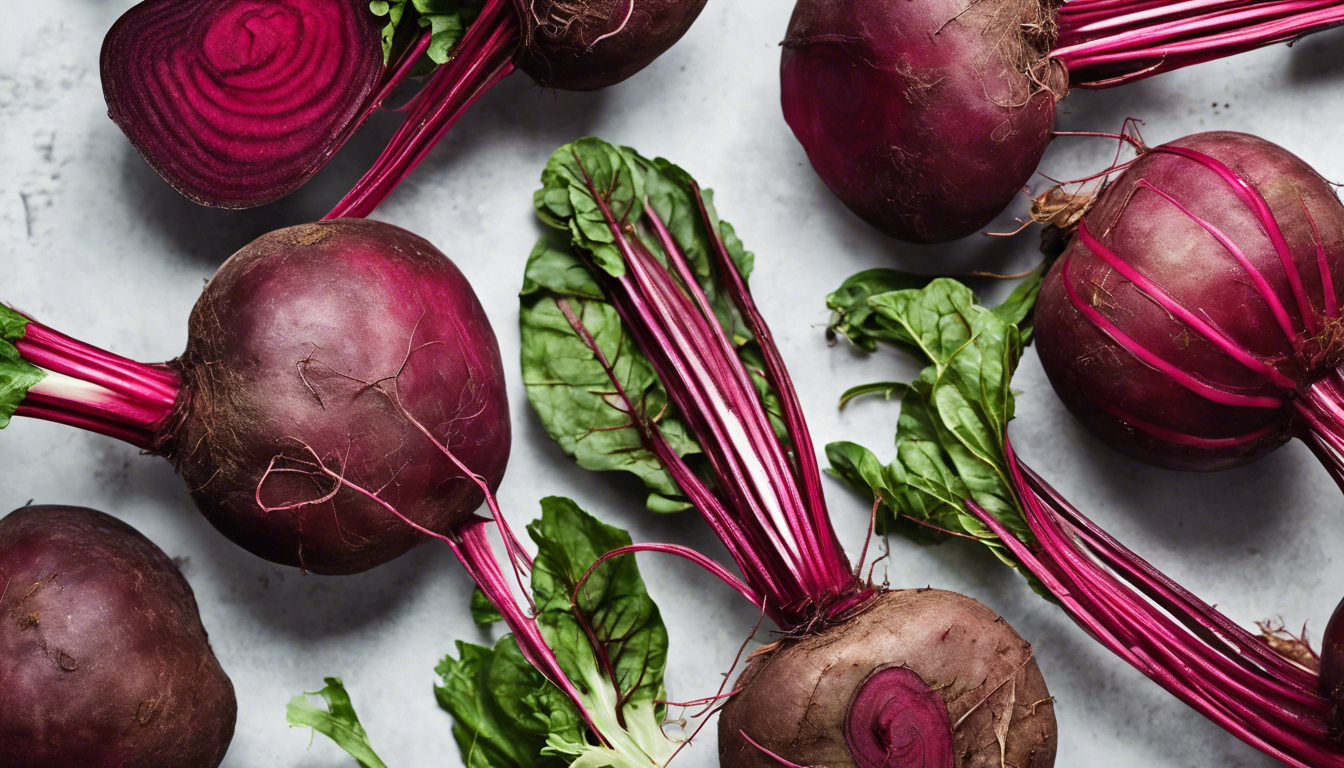As we delve into the world of nutrition and wellness, one question often surfaces: are beets superfood? This vibrant root vegetable has garnered attention for its purported health benefits and nutritional prowess, leading many to wonder if it truly deserves the superfood title. With an increasing focus on leading healthier lifestyles, understanding the real impact of incorporating superfood beets into our diet is more important than ever.
In this article, we will explore the nutritional profile of beets, highlighting what makes them stand out in the superfood lineup. We’ll also dissect the health benefits of beets, from their potential to improve cardiovascular health to their antioxidant capabilities. Following that, we’ll provide practical advice on how to incorporate beets into your diet effectively. Finally, we’ll address some of the challenges and considerations to keep in mind when adding beets to your meal plan, guiding you towards making informed dietary choices.
Nutritional Profile of Beets
Beets are renowned for their impressive nutrient content, being low in calories yet rich in essential vitamins and minerals. A 100-gram serving of boiled beetroot delivers approximately 44 calories, 1.7 grams of protein, and a mere 0.2 grams of fat. It also provides 10 grams of carbohydrates and 2 grams of dietary fiber.
Key Nutrients
Beets are particularly abundant in folate, providing 20% of the Daily Value per 100 grams, which is crucial for cell growth and function. They also offer significant amounts of manganese and copper, essential for bone health and energy production, respectively. Additionally, beets are a good source of potassium, magnesium, vitamin C, and iron, supporting overall health.
Caloric Value
The caloric value of beets is relatively low, making them a beneficial addition to a weight management diet. One cup of boiled beetroot contains fewer than 60 calories, highlighting their role in a healthy, balanced diet.
Beetroot Greens
Beet greens, the leafy tops of the beet plant, are not only edible but highly nutritious. They surpass beetroot in nutrient content, providing an abundance of vitamins A and K, which are vital for vision and bone health, respectively. Beet greens are also rich in antioxidants like beta-carotene and lutein, which help combat oxidative stress and may protect against certain chronic diseases.
Health Benefits of Beets
Cardiovascular Health
Beets are high in nitrates, which research suggests improve cardiovascular health by lowering blood pressure and increasing blood flow. This can lengthen the time it takes to become fatigued, allowing for prolonged physical activity. Additionally, beetroot juice has been shown to improve cardiorespiratory endurance in athletes, enhancing performance at various distances and increasing time to exhaustion at submaximal intensities.
Cognitive Function
The nitrates in beets help widen blood vessels, increasing blood flow to the brain, which may enhance cognitive function. This is particularly beneficial in activities requiring quick and accurate decision-making. Regular consumption of beetroot juice has been found to improve blood flow to the frontal lobe, associated with higher-level thinking like decision making and working memory.
Athletic Performance
Beetroot juice is recognized for its ability to boost physical performance and stamina by increasing blood flow and oxygen delivery. It has been used to improve endurance and high-intensity intermittent exercise performance. The nitric oxide produced from the high nitrate content in beets enhances muscle contraction and mechanical efficiency, which can lead to improved athletic performance.
Ways to Incorporate Beets into Your Diet
Beet Juice
For a refreshing beverage, try making your own beet juice. Combine raw beets, apple, cucumber, lemon or lime, and fresh ginger in a juicer or blender. This combination not only tastes great but also supports your health by aiding detox and enhancing heart health. If using a blender, remember to strain the pulp to enjoy the smooth juice.
Dehydrated Beet Chips
Dehydrated beet chips offer a crunchy, nutritious snack option. Slice beets thinly, marinate with water, apple cider vinegar, and olive oil, then dehydrate using an oven or a food dehydrator. These chips can be enjoyed on their own or used to add texture to salads. Alternatively, grind them into beetroot powder for use in various recipes.
Beet Powder
Beet powder is a versatile addition to your diet. It can be blended into smoothies, mixed into sauces, or sprinkled over oatmeal. Rich in nutrients and antioxidants, beet powder supports heart, gut, and brain health and can be a natural colorant in baked goods.
Challenges and Considerations
While beets offer numerous health benefits, there are several factors to consider when incorporating them into our diets.
Taste and Flavor
Beets possess a distinctive earthy flavor that might not appeal to everyone. Experimenting with various preparation methods such as roasting or adding spices can enhance their natural sweetness and reduce the earthy taste.
Serving Sizes
Consuming beets in moderation is crucial due to their oxalate content, which can increase uric acid levels and potentially lead to gout. It’s advisable to limit intake to no more than a half-cup serving per day to avoid these risks.
Market Availability
Beets thrive in well-drained, sandy soil and have specific temperature requirements for optimal growth. This can affect their availability in different regions and seasons. Understanding these agricultural factors can help in planning their use in meals throughout the year




